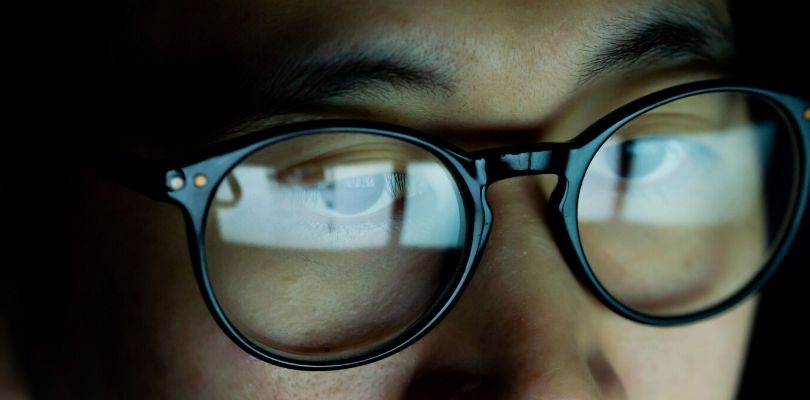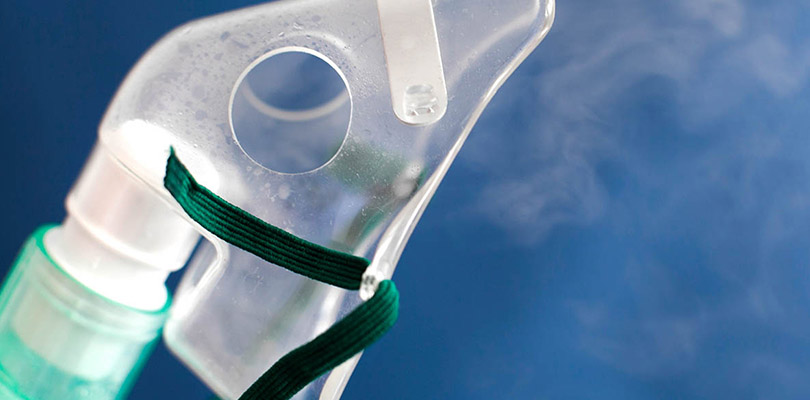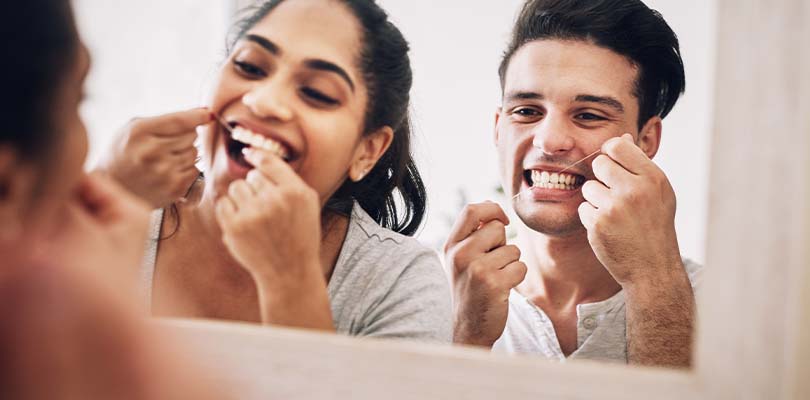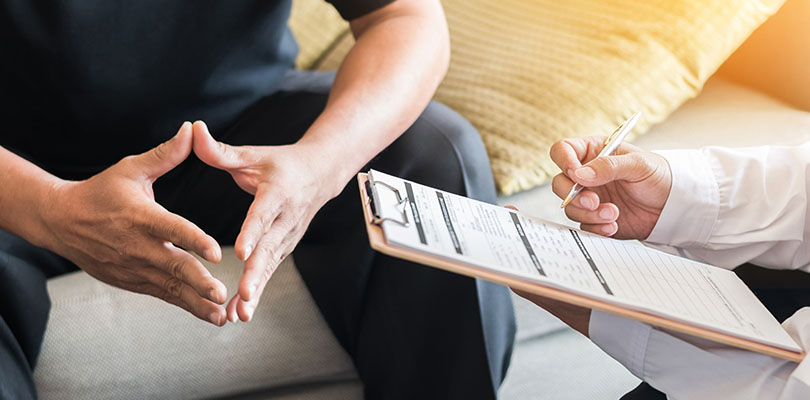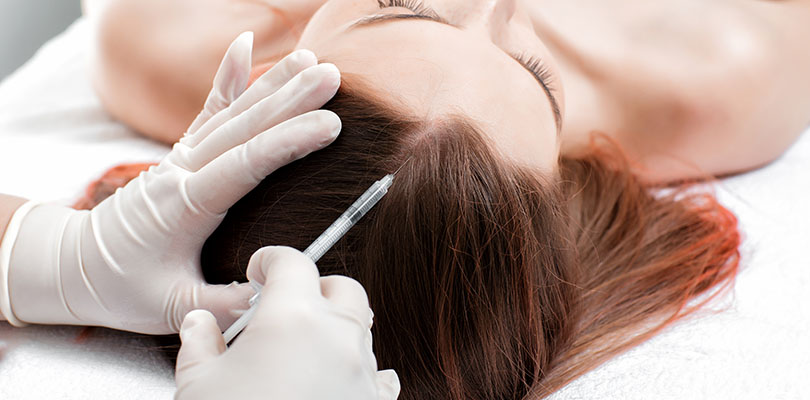What are Blue Light Glasses?
You may have seen blue light glasses offered at your eye care provider’s office. However, these are not just typical prescription glasses. In fact, they are used for a very specific reason: blue light.
Blue light is something we all come into contact with each and every day. Blue light is emitted from common products such as computers, televisions, cell phones and even energy efficient light bulbs. With so much regular exposure, it is a good idea to have a quality understanding of blue light and what you can do to protect your vision from it.
How Does Blue Light Impact Vision?
Blue light can definitely have a negative impact on your vision. One of the most interesting things about the human eye is that it is designed to alert the body, whether it is day or night. The sensors within our eyes respond mostly to blue light. However, when it detects blue light, it associates it with the daytime.
In turn, exposure to blue light can signal to the body whether or not it should be tired or awake. In fact, blue light can even moderate how much melatonin our body secretes. In short, regular exposure to blue light (especially when it is near bedtime) can disturb the circadian rhythm.
Of course, the disruption of sleep can lead to many health problems that can range in severity. It is important to identify which blue light devices you use regularly and how you can curb their influence on your health and vision.
Blue Light is Not Necessarily Bad
Blue light is not bad for your eyes. In fact, it is helpful when it is daytime. Blue light may make you feel more focused and attentive during daytime tasks. However, it is the over-exposure or exposure at nighttime that can make blue light a strain on your eyes. Once you can scale back to the appropriate amount of blue light, then you will quickly realize that your habits can certainly influence whether blue light is a problem for you.
How Do You Reduce Blue Light in Your Life?
While many of us certainly get our fair share of blue light, there are certain things we can do to reduce it. Here are a few quick tips:
- Get plenty of exposure to natural light. This will reset your circadian rhythm.
- Avoid using blue light devices such as phones, computers, or televisions at least one hour before bed. Not only will this reduce blue light exposure, but it will ready your body to sleep much faster.
- Adjust the lighting on your screens to reduce blue light exposure. The great thing about this tip is that almost every modern device with blue light has an option for controlling it.
- Use blue light blocking glasses. Simply grab a pair of blue light glasses and you will be actively protecting your eyes from too much of the light!
Doing these few simple things can greatly reduce the impact that blue light has on your vision and health.
Drinking alcohol changes our spirits and if we consume too much we become inebriated. But have you ever thought about how alcohol gets you drunk?
How Blue Light Glasses Help With Eye Health
Blue light glasses not only block and filter harmful light, but they can also enhance your vision. It blocks out the harmful blue light, but also allows beneficial light from the turquoise range to come in. This can help reduce eye strain and protect yourself from disrupting blue light.
There are many styles and options to choose from when it comes to selecting blue light glasses. You are sure to find something that suits your personal style while protecting your vision at the same time.
Importance of Eye Screenings
Our vision can be impacted in many ways. An eye screening can evaluate your vision's capabilities and determine if you may need to wear glasses or contacts. A screening is not as thorough as a comprehensive eye exam which takes a much closer look at issues such as:
- Eye diseases
- Color blindness
- Cataracts
- Early signs of serious health conditions
You should schedule an eye screening every year so a medical professional can evaluate whether or not you need additional eye care. Doing so could spot early issues that may be easily remedied with proper treatment.
Overview
Blue light is found in many of the products that we commonly use today. However, it is up to us to protect our vision and our health by limiting our exposure to it. If you have noticed your vision or sleep patterns changing, then you should talk to your medical provider. You may benefit from wearing blue light glasses—it may make all the difference in your health and vision. Make your eye health a priority by contact your healthcare provider to discuss more about blue light and how it impacts your life.
